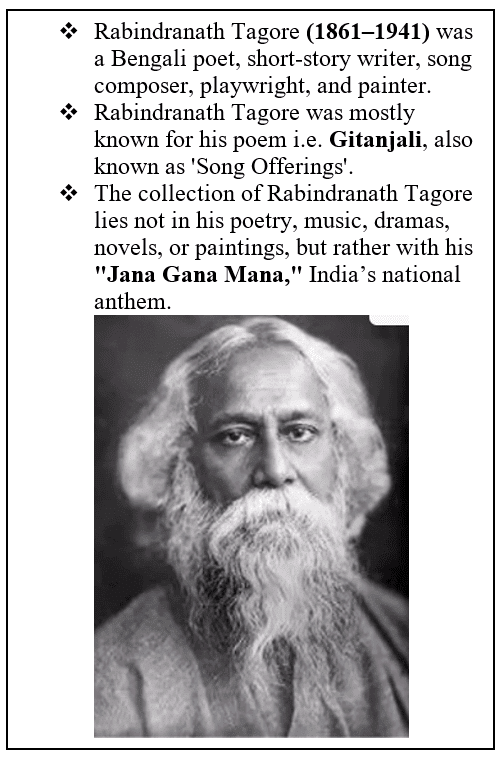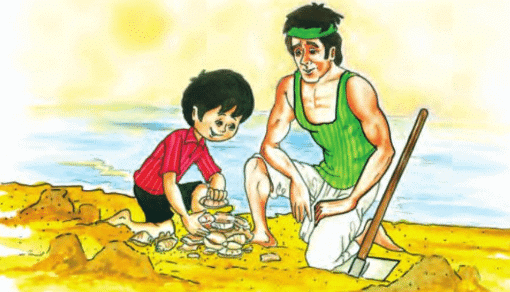Poem - The Last Bargain NCERT Solutions | English Class 8 PDF Download
A bargain is an agreement in which both parties promise to do something for each other. Someone is looking for work, waiting to be hired. He strikes a bargain but thinks it worthless. He tries twice again but doesn’t like either. Finally, in the last bargain, when he is hired for nothing whatever, he is happy as never before.
Working with the Poem ( Page 71)
Q1. Who is the speaker in the poem?
Ans. The speaker is a man who is searching for his employer.
Q2. “The king, sword in hand” suggests
(i) wealth
(ii) power
(iii) more power than wealth
Mark the appropriate item in the context of stanza 1.
Ans. (ii) power
The phrase "the king, sword in hand" indicates power rather than wealth. The imagery suggests a figure of authority, highlighting the significance of strength and control over material riches.
Q3. The old man offered the speaker a lot of money. Why did he turn down the offer?
Ans. The man turned down the offer because he did not need money. He valued his freedom more than becoming a slave to wealth.
Q4. Find in the poem, lines that match the following. Read both one after another.
(i) I have nothing to give you except goodwill & cheer.
Ans. “I hire you with nothing”
(ii) Her happiness was no more than sorrow in disguise.
Ans. “Her smile paled and melted into tears”.
(iii) The king’s might was not worth much.
Ans. “But his power counted for naught”
Q5. How did the speaker feel after talking to the child on the beach?
Ans. The speaker felt that after meeting the child, he would experience satisfaction, joy, and a sense of freedom. This encounter brought him genuine happiness and a release from stress.
 About the Poet - Rabindranath Tagore
About the Poet - Rabindranath Tagore
|
32 videos|317 docs|56 tests
|
FAQs on Poem - The Last Bargain NCERT Solutions - English Class 8
| 1. What is the central theme of the poem "The Last Bargain"? |  |
| 2. Who are the characters present in "The Last Bargain"? |  |
| 3. How does the poet use symbolism in "The Last Bargain"? |  |
| 4. What lesson can we learn from the poem "The Last Bargain"? |  |
| 5. How does the structure of "The Last Bargain" contribute to its meaning? |  |




















